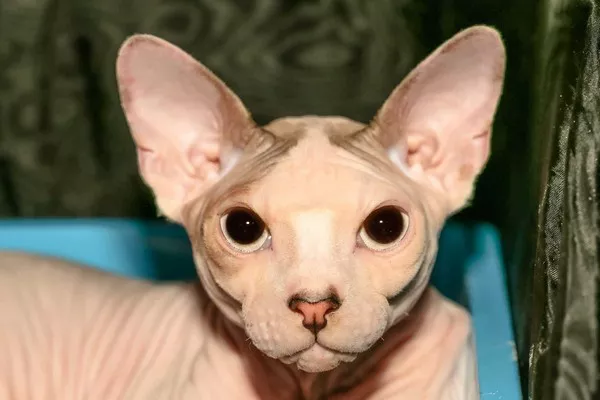Burmese cats are known for their friendly and sociable nature. As responsible cat owners, it is essential to provide these beloved feline companions with a nutritious and balanced diet. While cats are obligate carnivores and require a primarily meat-based diet, there may be occasions when you wonder if certain human foods, such as boiled eggs, can be safely incorporated into their meals. In this article, we will explore whether Burmese cats can eat boiled eggs and discuss the potential benefits and precautions associated with feeding eggs to your feline friend.
1. Understanding the Nutritional Needs of Burmese Cats:
Before delving into the topic of whether Burmese cats can eat boiled eggs, it is crucial to understand their nutritional requirements. Burmese cats, like all domestic cats, require a diet rich in animal protein, healthy fats, and minimal carbohydrates. A well-balanced cat diet typically consists of high-quality commercial cat food formulated specifically for feline nutritional needs. These diets ensure that cats receive the necessary vitamins, minerals, and amino acids they need to thrive.
2. The Benefits of Eggs for Burmese Cats:
Eggs are a nutrient-dense food and can offer several potential benefits to Burmese cats when included in moderation as part of a balanced diet. Some of the potential benefits include:
High Protein Content: Eggs are an excellent source of highly digestible protein, which is essential for maintaining strong muscles and supporting overall growth and development in cats.
Essential Fatty Acids: Eggs contain omega-3 fatty acids, which are beneficial for promoting healthy skin and coat in Burmese cats.
Vitamins and Minerals: Eggs are rich in various vitamins and minerals, including vitamin A, vitamin D, vitamin B12, selenium, and iron. These nutrients play crucial roles in maintaining optimal health.
Increased Palatability: Adding small amounts of boiled eggs to your cat’s meal can enhance the taste and palatability, making it more appealing to finicky eaters.
3. Precautions When Feeding Eggs to Burmese Cats:
While eggs can offer nutritional benefits, it is essential to exercise caution when incorporating them into your Burmese cat‘s diet. Consider the following precautions:
Allergies or Sensitivities: Some cats may have allergies or sensitivities to eggs. If you notice any signs of digestive upset, such as vomiting or diarrhea, after introducing eggs to your cat’s diet, discontinue their consumption and consult your veterinarian.
Moderation is Key: Eggs should be given to cats in moderation as part of a balanced diet. Too many eggs can lead to an imbalance in nutrients and potentially cause health issues.
Proper Preparation: Always ensure that eggs are properly cooked before feeding them to your cat. Raw or undercooked eggs may contain bacteria like Salmonella, which can pose health risks to both cats and humans.
Avoid Seasonings: When giving boiled eggs to your cat, avoid adding any seasonings, such as salt or spices, as these can be harmful to feline health.
4. How to Incorporate Boiled Eggs into Your Cat’s Diet:
If you decide to include boiled eggs in your Burmese cat’s diet, follow these guidelines:
Start Slowly: Introduce boiled eggs gradually, starting with small portions. Observe your cat’s response and monitor for any adverse reactions.
Use as a Treat or Topping: Rather than replacing a portion of your cat’s regular diet with boiled eggs, consider using them as occasional treats or as a topper for their regular meals to add variety and increase palatability.
Mash or Dice: To make boiled eggs more manageable for your cat to eat, mash or dice them into small, bite-sized pieces.
5. Consulting Your Veterinarian:
As with any dietary changes, it is always recommended to consult your veterinarian before introducing boiled eggs or any new food into your Burmese cat’s diet. Your vet can provide personalized advice based on your cat’s specific health needs and dietary requirements.
Conclusion:
In conclusion, Burmese cats can eat boiled eggs as part of a balanced diet, provided they are cooked thoroughly, introduced gradually, and given in moderation. Eggs can offer various nutritional benefits, including high-quality protein, essential fatty acids, vitamins, and minerals. However, it is crucial to be aware of any allergies or sensitivities your cat may have and to exercise caution when incorporating eggs into their meals. When in doubt, consulting your veterinarian is always the best course of action to ensure the health and well-being of your beloved Burmese cat.



























